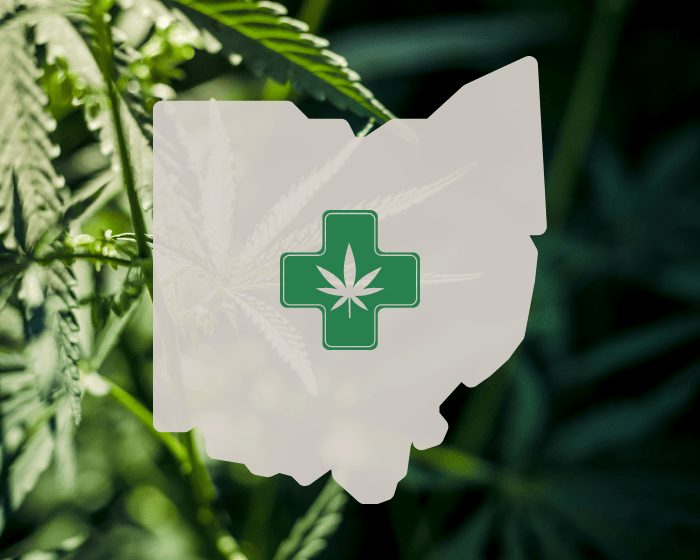
Michigan made headlines last year as the first state to regulate delta-8 THC for adult-use rather than banning it. Now the agency tasked with oversight appears to be rethinking its open-arms approach to hemp-derived THC, according to Michigan news site MLive.com.
April 15, Michigan’s Cannabis Regulatory Agency announced it was withdrawing its plan to allow licensed cannabis processors to convert hemp into THC.
Rules proposed by the agency in January (then named the Marijuana Regulatory Agency) would have allowed those processors to make hemp-derived THC for edibles, vapes and tinctures — competing with products currently sold in the licensed cannabis market.
“After receiving a significant amount of public comment regarding safety concerns and the lack of scientific and public health data related to the conversion process outlined in the proposed industrial hemp rules ... the Cannabis Regulatory Agency has withdrawn this request for rulemaking,” the agency said in April.
“After receiving a significant amount of public comment regarding safety concerns and the lack of scientific and public health data related to the conversion process outlined in the proposed industrial hemp rules … the Cannabis Regulatory Agency has withdrawn this request for rulemaking.”
— Michigan Cannabis Regulatory Agency
Delta-9 Cannabis Industry Opposed Hemp-Derived THC
Cannabis attorney Denise Policella told MLive the primary reason for the shift was consumer safety, saying the process of making THC from hemp creates unknown byproduct compounds that could be harmful.
But Policella also acknowledged that there were economic motives. Hemp is less regulated than THC-rich cannabis, and licensing fees are a fraction of what cannabis growers pay. This means delta-8 and other hemp-derived THC can be produced for less, making it a potential threat to the delta-9 cannabis market.
The Cannabis Business Association of Michigan, a trade organization Policella helped found, reportedly opposed allowing hemp-derived THC to compete with THC oil from delta-9 cannabis.
But wouldn't a thriving hemp THC market be good for Michigan’s hemp farmers? Policella wasn’t convinced, telling MLive the hemp would likely be shipped in from out of state. (THC-rich cannabis, on the other hand, would be grown in Michigan — it can’t legally cross state lines because it’s still federally prohibited.)
“Michigan can’t compete with Kentucky and North Carolina on hemp,” she told MLive. “They’ve got a year-round growing season that we don’t have. They have 100,000-acre hemp farms that we don’t have in Michigan.”
“Michigan can’t compete with Kentucky and North Carolina on hemp. They’ve got a year-round growing season that we don’t have. They have 100,000-acre hemp farms that we don’t have in Michigan.”
— Cannabis attorney Denise Policella
Timeline
November 2018 — Michigan voters approval medical and recreational adult cannabis use.
Spring 2019 — The Marijuana Regulatory Agency is established to develop a regulatory structure for cannabis and oversee the industry.
July 2021 — Michigan lawmakers opt to regulate delta-8 THC in the state, with new laws set to take effect in October 2021.
October 11, 2021 — New delta-8 laws go into effect. Businesses must obtain a license through the MRA to sell delta-8.
February 11, 2022 — Citing efficiency, Michigan Governor Gretchen Whitmer issues an executive order bringing consumable hemp products under oversight of the MRA. The order also renames the agency the Cannabis Regulatory Agency. The CRA is to regulate processing, distribution, and sale of hemp and other cannabis products. The department of agriculture will continue oversight of hemp farming. The executive order is set to take effect in April.
April 13, 2022 — The governor’s executive reorganization order goes into effect. The Marijuana Regulatory Agency becomes the Cannabis Regulatory Agency, with authority over Michigan’s hemp processors and handlers. CRA Executive Director Andrew Brisbo says in a news release. “The new CRA will pick up where the MRA left off—continuing to establish Michigan as the national model for a regulatory program that stimulates business growth while preserving safe consumer access to cannabis.”
April 15 — The CRA announces it’s withdrawing its plan to allow licensed cannabis processors to convert hemp into THC.








































